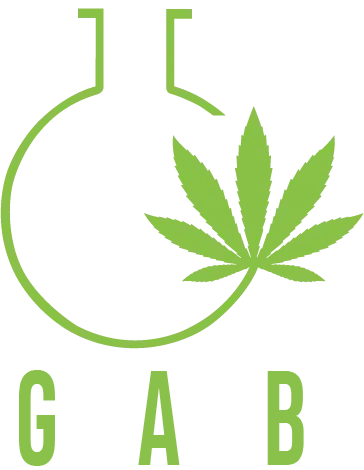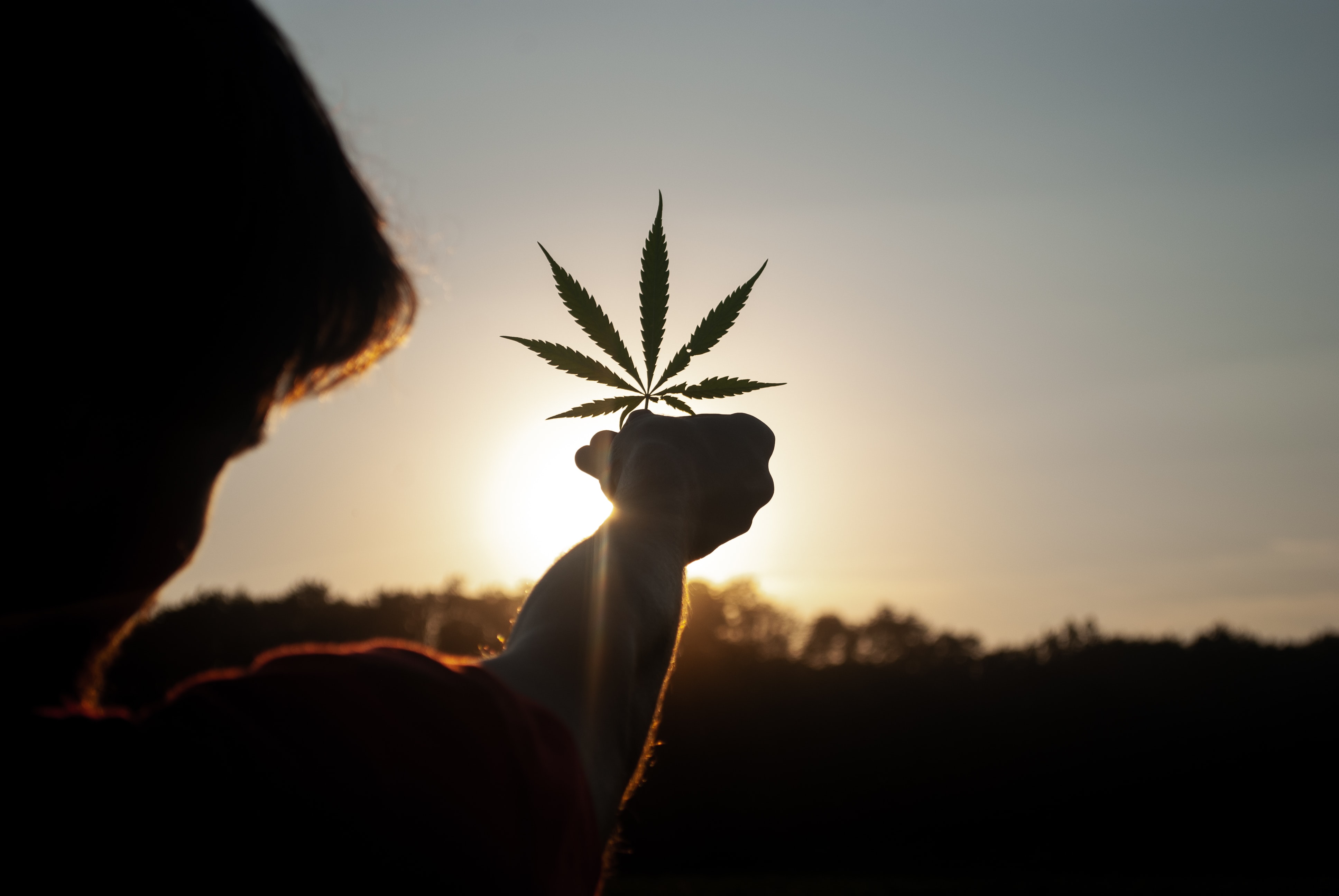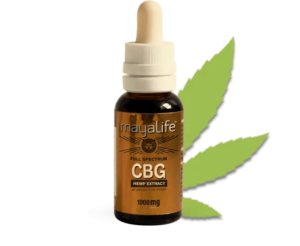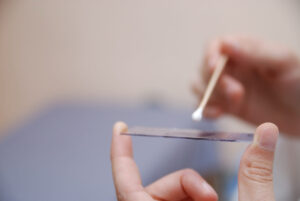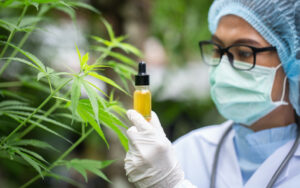Cannabidiol—the non-psychoactive cannabis compound better known as CBD—is a potent blocker of SARS-CoV-2 replication in human cells, new research shows. Not only that, but a survey of real-world patients taking prescribed CBD found a “significant” negative relationship between CBD consumption and COVID-19 infection.
As detailed in a paper published Thursday in the peer-reviewed journal Science Advances by a team of 33 researchers at the University of Chicago and University of Louisville, a survey of 1,212 U.S. patients taking prescribed CBD found that people taking 100 milligrams-per-milliliter oral doses of CBD returned positive COVID-19 tests at much lower rates than control groups with similar medical backgrounds who did not take CBD.
According to the study, all of the patients were people who had seizure-related conditions, which CBD is often prescribed to treat. Of this group, 6.2 percent returned positive COVID-19 tests or a diagnosis, compared to 8.9 percent in the control group. Among a smaller subset of patients who were likely taking CBD on the dates of their first COVID-19 test, the effect was even more pronounced: Only 4.9 percent of people taking CBD became infected with COVID-19, compared to 9 percent in the control group.
“Our results suggest that CBD and its metabolite 7-OH-CBD can block SARS-CoV-2 infection at early and even later stages of infection,” the study states.
Besides looking at real-world data, the scientists conducted lab tests. Lead author Dr. Marsha Rosner, a professor in the Ben May Department for Cancer Research at the University of Chicago, and her team treated human lung cells for two hours with CBD before infecting them with SARS-CoV-2, and left them for 48 hours while monitoring them for the presence of the COVID spike protein. They found that CBD inhibits the replication of genes required for the growth and spread of the virus throughout the body. They performed the same tests on three COVID-19 variants and found the same result.
